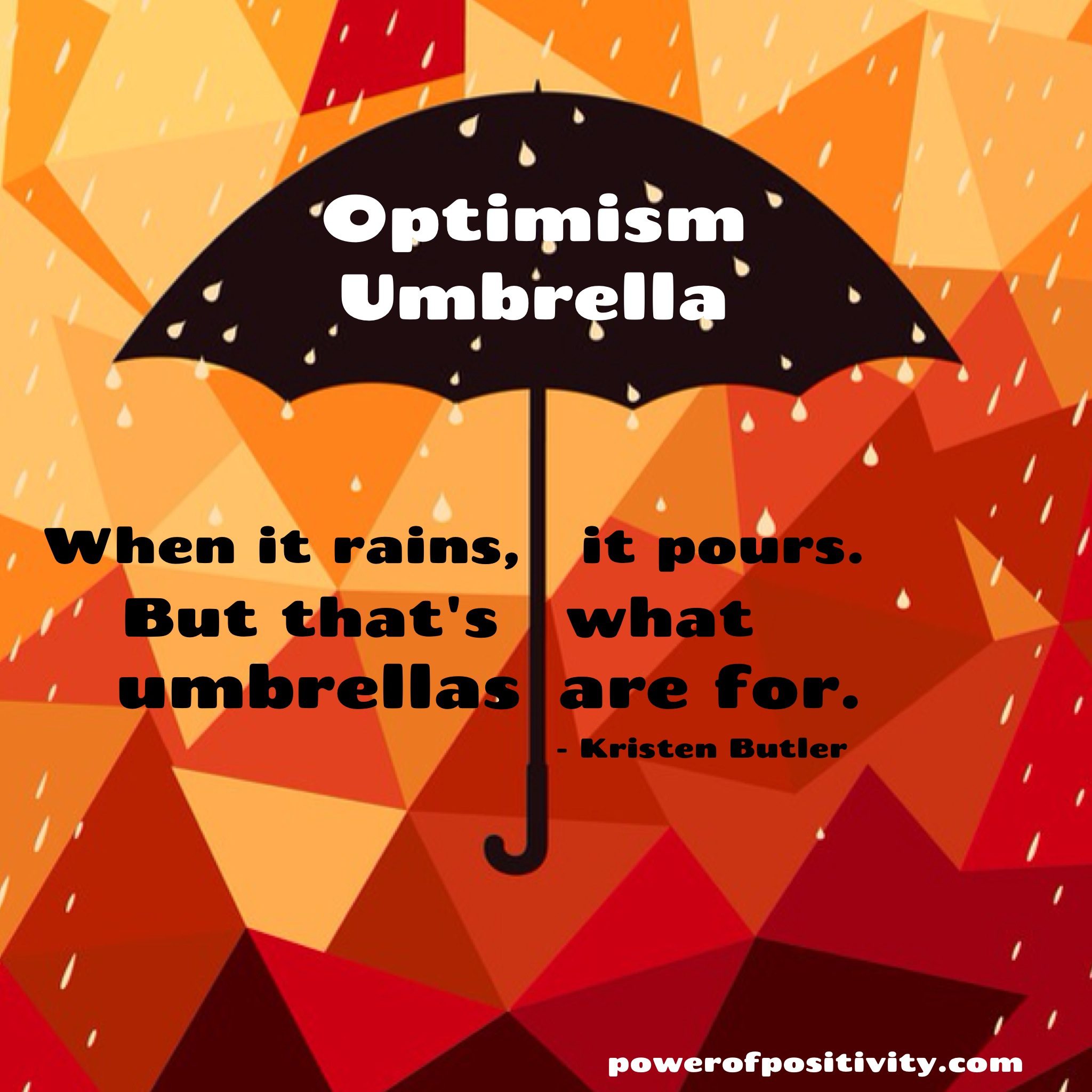Gratitude is a beautiful quality in a person. It points to an appreciative, kind, and virtuous emotional response to the fact that positive things are happening in your life, whether to you, around you, or for those you love. In other words, it’s the act of being deeply and sincerely thankful for something that you’re experiencing or have experienced. But did you know it can also help you focus on the present?
For many people, gratitude doesn’t come easily, and this is with good reason. The world is often skewed towards the negative, which distracts you from the many great things you can appreciate. Unfortunately, focusing on those negative things tends to disrupt your concentration on your daily life.
Why does this happen? Well, negativity begets negativity. When you focus on bad things, you’re not only inviting more of them, but you’re also thinking about possible bad futures and the effects of traumatic pasts. You’ll be stuck in these thought spirals that don’t allow you to be mindful or present, and in the long run, that can be bad for your mental health.
Gratitude can help with this problem. It’s a little surprising to imagine how being thankful and appreciative can so dramatically improve your life and its perspective, but it’s true! Being grateful can keep you grounded in the current time, so you don’t drift off to regrets of the past and worries of the future. Here are five ways gratitude can help you stay focused in the present moment.
1. It Makes You Happier
Gratitude has impressive effects on your long-term happiness and positive thinking. The simple act of gratitude journaling can completely change your life for the better. But how does it do this, and how does it connect you to the present moment?The secret lies in hedonic adaptation. This refers to the psychological fact that you get used to and “resistant” to exposure to things that satisfy you hedonistically – or in other words, things that give you a material pleasure of some kind. Repeatedly gaining hedonic pleasure makes you enjoy those sources of happiness less over time.
This means boosts from pleasurable sources of temporary happiness, like eating a good meal, or even big milestones of significant achievement, like buying your first house or getting a job promotion, are feelings you’ll get used to. The more stimulus to a certain kind of pleasure you get, the less it affects you and matters to you in the long run.
Here are the benefits:
- You’ll start becoming dissatisfied with your quality of life a few months after its improvement.
- Specific sources of temporary happiness will require higher and higher levels of that source to continue creating happiness for you.
- Chasing happiness based on hedonic whims is likely to be an impossible and unrewarding task.
- You lose the ability to stay focused in the present moment when you’re focused on impossible aspirations for the sake of happiness.
So, how does gratitude change this? Well, it alters the source of your happiness. When happiness comes from within and from things that already exist around you, you don’t need to chase after more superficial forms of that feeling in hedonic activity and pursuit.
This is precisely why gratitude makes you happier! You don’t need to seek external happiness in an idea of an imagined, better future. Though you continue to work towards personal goals and aspirations, you also find joy in things you already have, which makes you happier and less likely to run into the problem of hedonic adaptation.
Better yet, unlike hedonic pleasure, gratitude grows in rewards over time. Studies have shown that the psychological boost from regular gratitude gets stronger when you practice such behavior! It’s a long-term benefit that you’ll carry with you throughout your life, and in fact, a few weeks of gratitude-focused thought can sustain you for several months. The effects of gratitude are long-lasting, so there’s no reason not to begin.
2. It Helps You Focus On Positive Things
There is negativity in a lot of aspects of everyday life. When you see that negativity, your desire to escape it can be overwhelming. It can rip your focus away, making you ruminate on the past, catastrophize the future, and idealize other situations and imagined scenarios.
To stay focused in the present moment, you cannot keep your mind only negative. You need to learn to see positive things in your everyday life and mentally hone in on them. The understanding that good things are present all around you makes the present a much brighter place.
Gratitude helps to improve your positive thinking by shifting your focus towards the silver linings instead of the dark clouds. The brain works in such a way that the things you focus the most on are the things you are likely to attract more of and move towards. Gratitude keeps you present by challenging you to keep your eye on the positive over the negative, allowing you to view the great things you miss in life when you only see the glass half-empty.
Don’t feel bad if your brain focuses more on the bad for now, though! Learning to focus on and find good things in everyday life is a skill that takes time to build. This is because of negativity bias, which shows how human brains are wired against positive thinking. This is because the brain is designed to keep you alive, safe, and happy, so it needs to emphasize potential threats to your peace.
3. It Makes You More Optimistic
Optimism refers to positive thinking regarding the future and upcoming events. Some people think that it means being unrealistic or too idealistic, but this is not necessarily the case. Optimism in its most helpful forms often entails a general positivity towards the future and a belief that, even if difficult times lie ahead, you will be capable of overcoming them.
Without optimism, you can’t stay in the present moment. You’ll forever be pondering the uncertainty of your future and can get caught in anxiety spirals about upcoming challenges. But with gratitude, your positive thinking is boosted significantly, which allows you to be at peace with the many possibilities that the future holds.
As previously mentioned, gratitude involves the ability to focus on good things in life. Of course, when you perceive your present as good, you can also believe in a good future up ahead. You are more likely to focus on potential good things than bad ones, after all.
4. It Reduces Your Worst Fears
An inability to focus on the present is often rooted in fear. Fears of the future, of the past, and the uncertainty of the world can all remove your ability to stay focused. That’s why it’s important to overcome these fears and remain present, but that’s easier said than done.
Gratitude is a great way to help you reduce the worst of your fears. The extrapolations of your worries into catastrophes and imagined plights are often born out of fear of a lack of control. When you’re grateful, you learn to find beauty and silver linings in these types of moments.
In many cases, this kind of deep-rooted fear can’t survive in the heart of a grateful person. You can’t be afraid when you’re busy appreciating all the lovely things you can find in the world around you. Examples of fears that gratitude can help sate are:
- Fear of failure or failing; gratitude can teach you to find the lessons in mistakes and errors.
- The fear of scarcity. Gratitude is abundant in nature, teaching you to appreciate what you have, no matter how little of it there may be
- Fear of losing control; gratitude teaches you to find wonder in the ride, even if you’re being dragged along for it.
5. It Improves The Memories You Have
Memories can change over time. Though the facts surrounding them remain, the tint with which we view them can change. These tints can change the way you stay grounded. For example, negative memories can make you feel trapped and held down by them. Here is how gratitude helps to change this:
- It makes bad memories into good lessons and experiences, reminding you how you can appreciate how far you’ve come as a person and how you’ve grown since then.
- It corrects your rose-colored view of certain circumstances, preventing you from romanticizing negative aspects of your past; remember, gratitude does not mean blindly appreciating everything but knowing what you can and should appreciate.
- It makes good memories fond things to hold onto, keeping them in the forefront of your mind and using them as examples of your strengths, how loved you are, and how capable you are.
- It helps you process complex memories and find ways to learn from and be thankful for them in the long run, even if it takes you a while to understand them.
- It’s capable of transforming negative memories into positive ones, according to research.
- It helps you to view certain memories with more realistic ideas; for example, you may stop seeing a difficult family member as an evil monster but as a troubled and toxic individual who used their pain as an excuse to lash out.
Final Thoughts On Some Ways Gratitude Can Help You Stay Focused In The Present Moment
People often don’t realize how much they’re missing out on by not being grateful! The good news is that you can start being grateful today and benefit tremendously from it. It may not come so easily at first. But like many things in life, gratitude is a skill that you can build upon and improve over time.
We’ve talked extensively about how gratitude keeps you mindful, but being grateful is good for your mind and body in so many more ways than just improving your focus. It’s good for your physical health, providing benefits to your heart, pain resistance, immunity, and longevity. Also, it is good for your mental health, as it aids in the reduction of symptoms of depression and anxiety and helps with stress management. It’s good for relationships, too, as when you’re grateful for others, they enjoy being around you even more and don’t feel unappreciated!
In other words, you should start learning the virtue of gratitude right now. You’ll see many, many ways that your life can be impacted for the better. Plus, you’ll be able to stay mindful and focus on the present, no matter what challenges it may hold.

















 Community
Community

